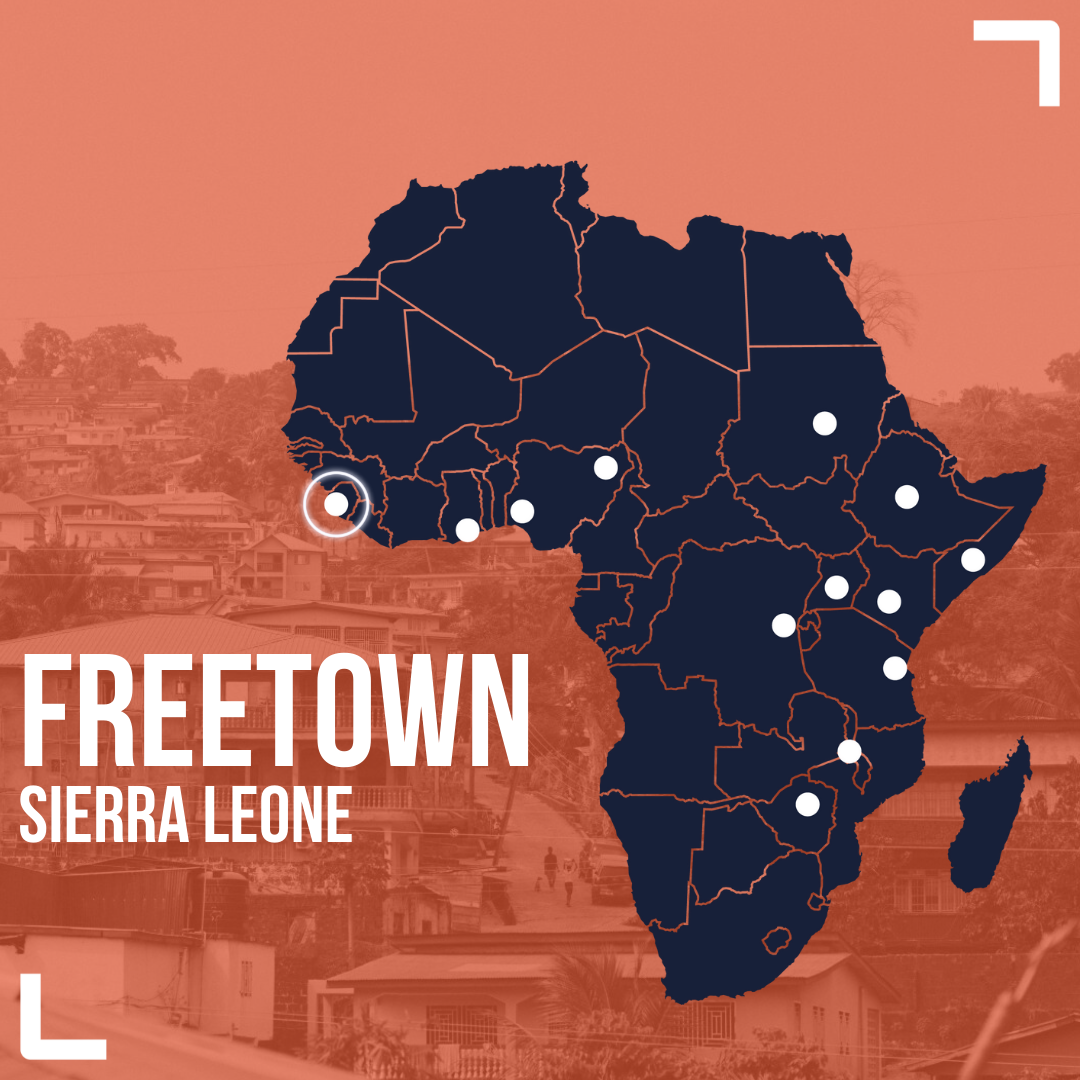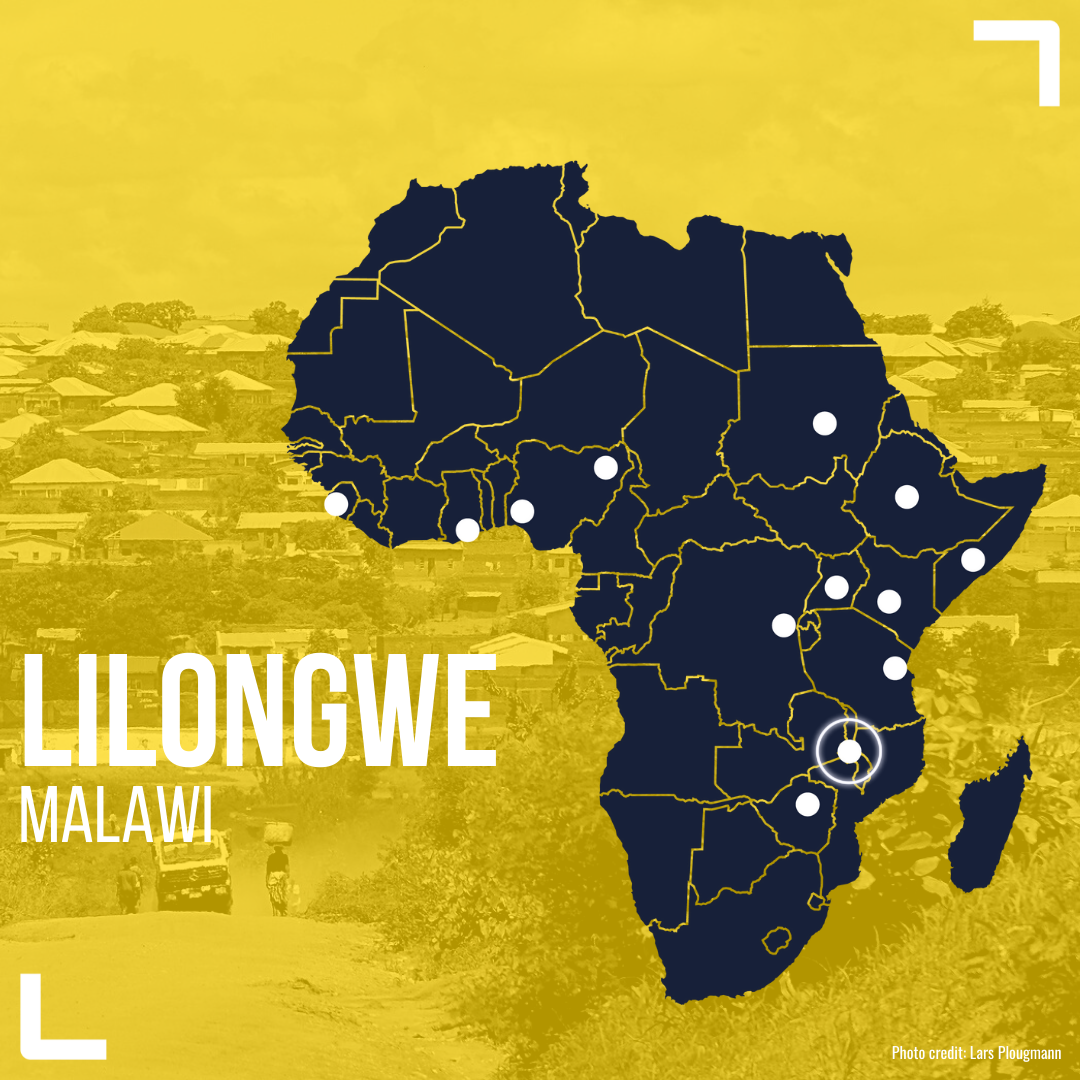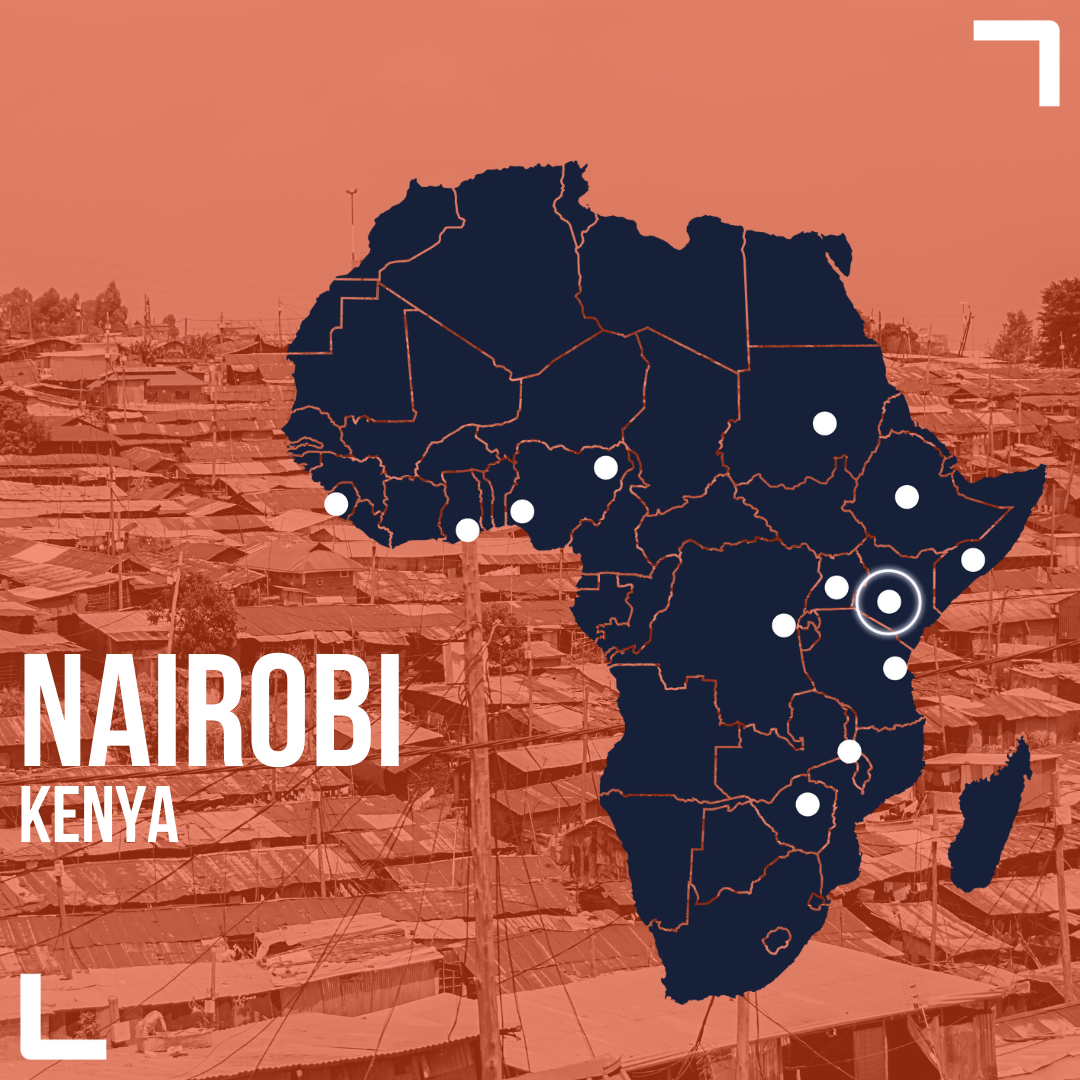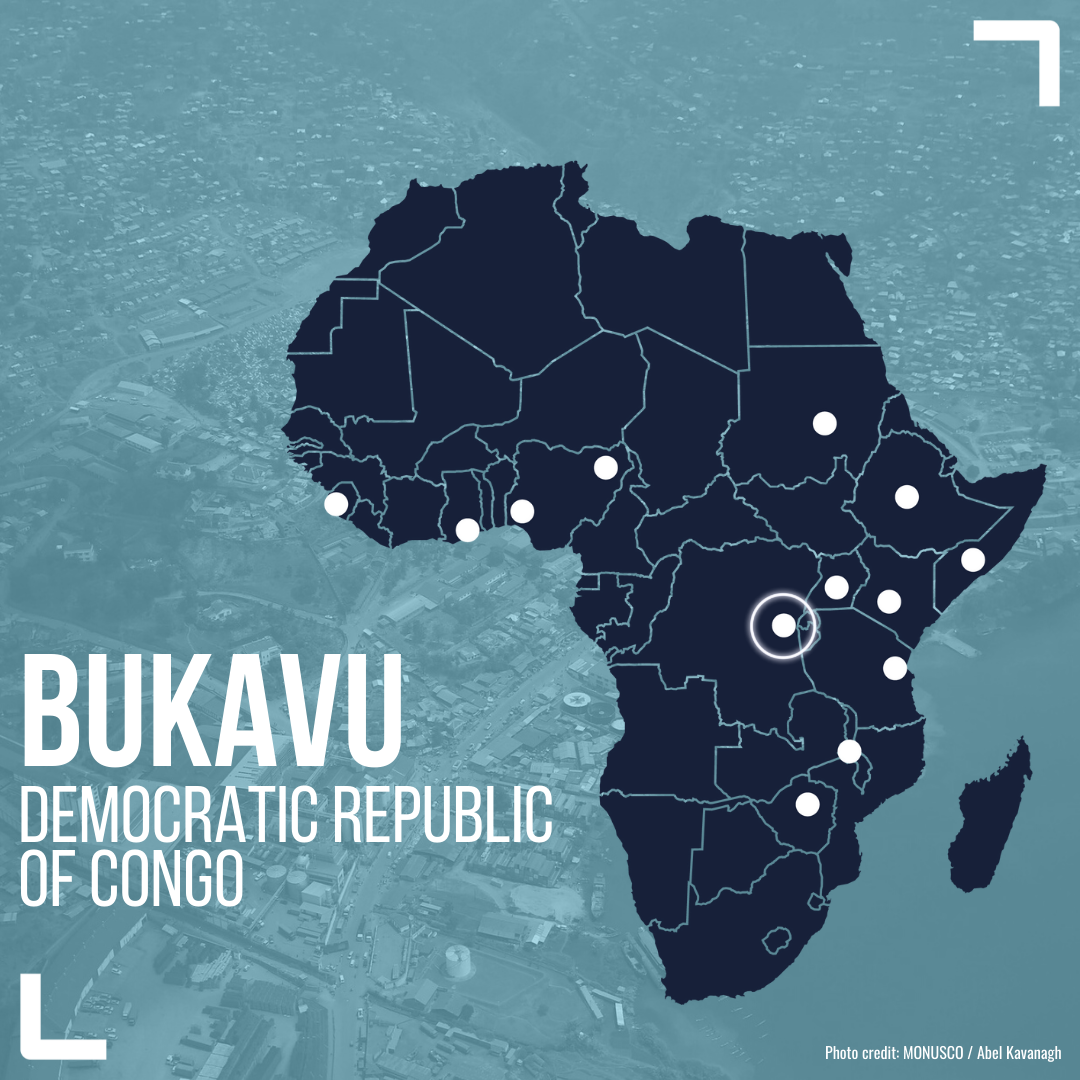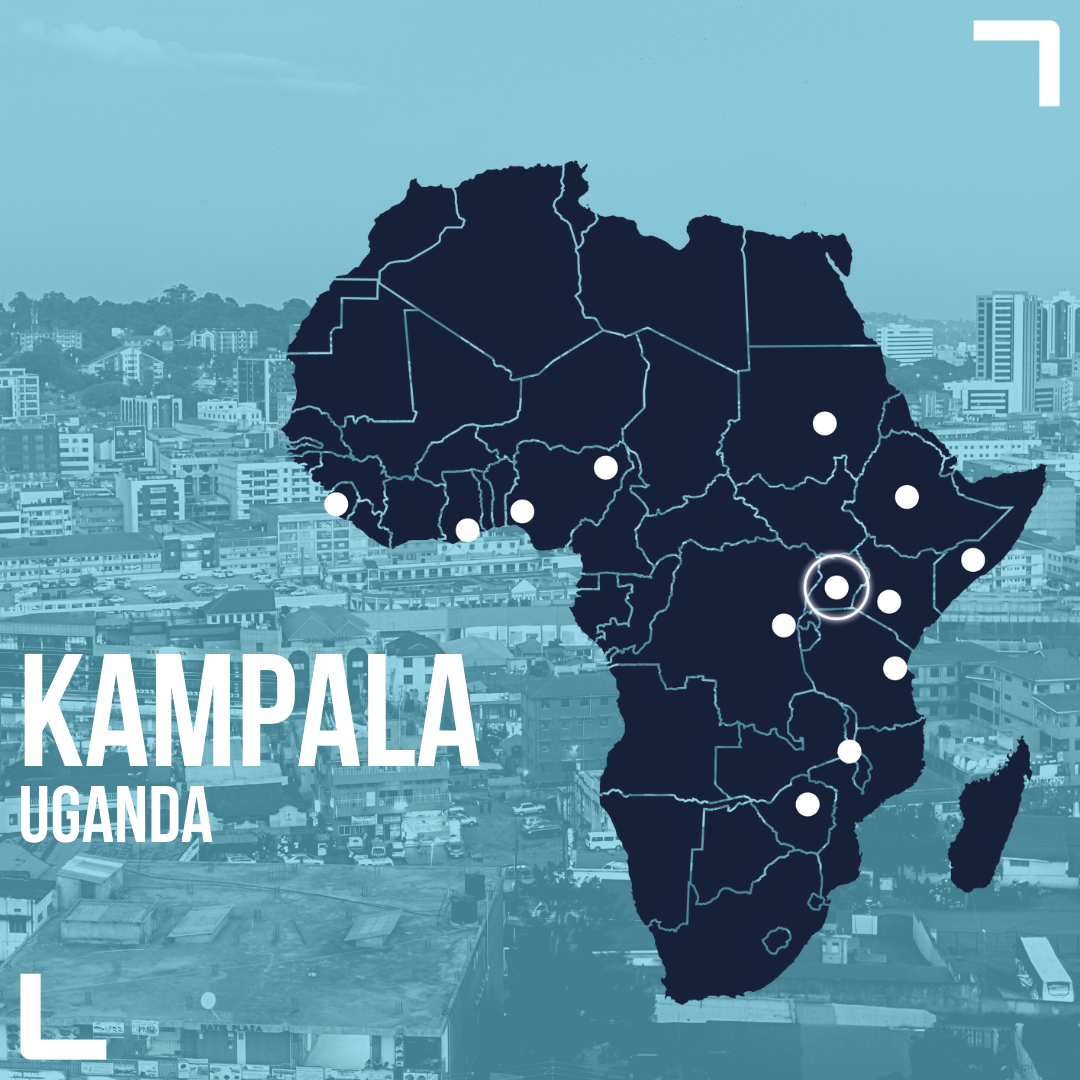Health, wellbeing and nutrition
Many residents in African cities face considerable challenges relating to health, nutrition and wellbeing, along with marginalisation or exclusion in accessing healthcare – especially those living in poverty. Yet these difficulties are often masked within wider data and policy debates by the so-called “urban advantage”.
Poor access to clean water, sanitation and affordable quality health services, as well as malnutrition, have made many people living in African cities – particularly in informal settlements – vulnerable to communicable diseases such as malaria and tuberculosis. The Covid-19 crisis has highlighted the extent of health vulnerabilities in cities and the wider consequences for national and global health security, along with the fragility of food and nutrition security in many urban centres.
Improving integration between multiple city systems – including healthcare, food, water and sanitation, waste management, energy and spatial planning – is key to securing better health, wellbeing and nutrition outcomes for residents in African cities. This domain looks at the political dimensions underlying the ability of governments to provide affordable, higher quality health services and food, exploring potential policy approaches and interventions to improve access and availability.
LATEST NEWS from ACRC
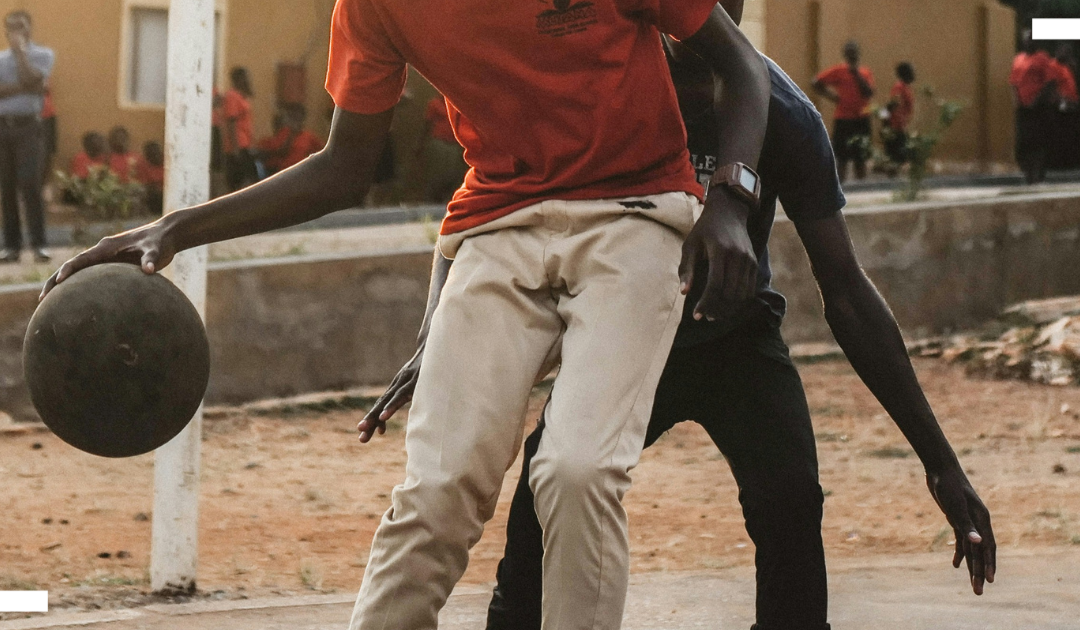
Awareness of youth programmes in Uganda is high – so why is participation so low?
Across Uganda, awareness of government youth programmes is impressively high, but youth participation remains stubbornly low. Our recent study sought to understand why knowing about these programmes does not necessarily translate into active participation.
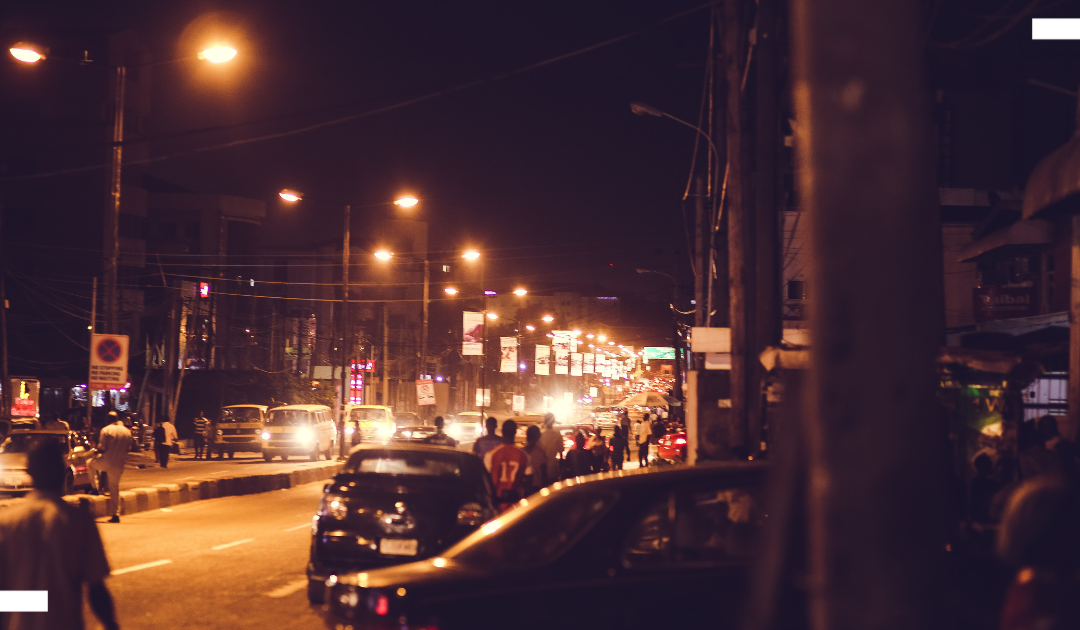
Left in the dark: Understanding streetlighting provision challenges in Lagos and its informal settlements
Safe streets make for safe cities, but a lack of lighting can exacerbate the everyday insecurity of urban residents. ACRC’s safety and security research in Lagos found the absence of streetlighting in low-income areas to be a key concern among residents, as the cover of darkness facilitates urban crime and makes law enforcement more difficult.
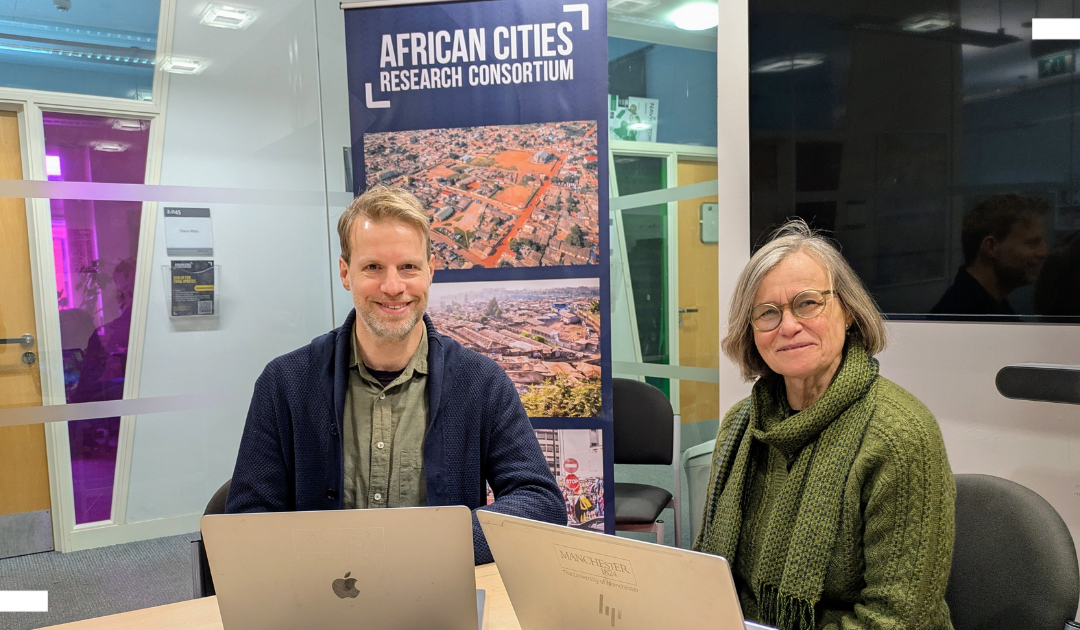
Welcoming Professor Tom Goodfellow to Manchester
We’re excited to welcome Professor Tom Goodfellow to The University of Manchester to take up a dual role as Professor of Urban Development at the Global Development Institute (GDI) and CEO of the African Cities Research Consortium (ACRC) – a position he will take over from Diana Mitlin in August this year.

